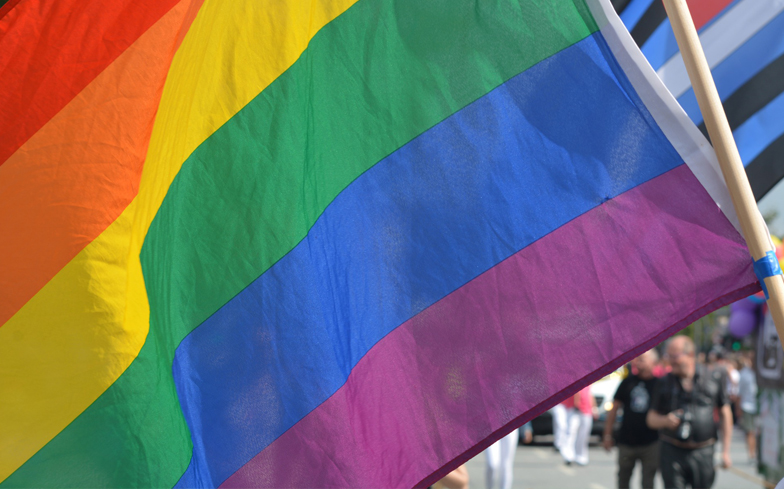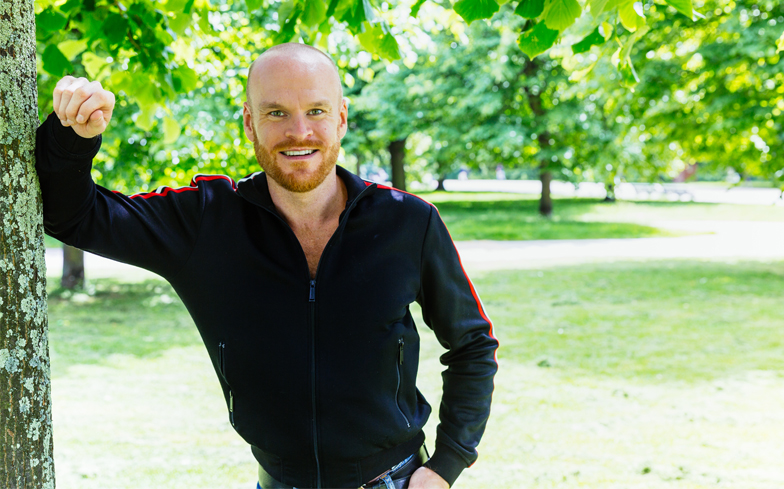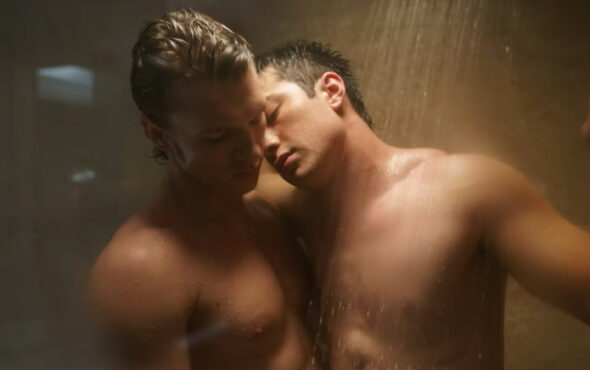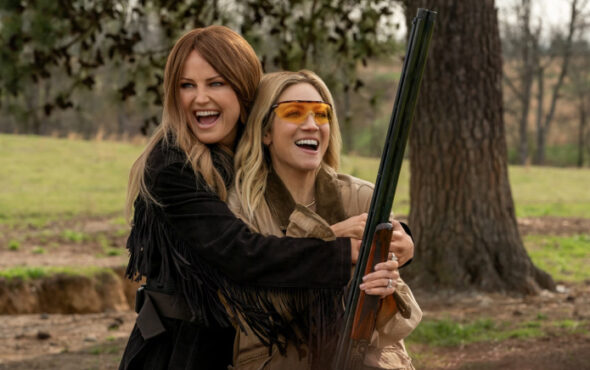
What is it that you love most about your local Pride festival? Is it the floats, the costumes in the parade, and catching up with friends? Or maybe it’s the dancing, glitter and, if the sun is out, the promise of topless men? Pride is one of the occasions when the LGBTQ community is at its most visible.
There is strength in numbers and it is important to show solidarity. Achievements, such as the Marriage (Same Sex Couples) Act 2013, mean that many of us are now free to be ourselves, whether that means marrying the partner we love, being open about our sexuality in the workplace, or having children.
In years gone by Pride festivals typically took the form of protests rather than parades. During the 1970s, 1980s and 1990s these were not establishment events. They were opportunities to voice concerns about attacks on the LGBTQ community, such as the introduction of Section 28 in 1988, legislation which prohibited the discussion of LGBTQ issues in schools.
At the end of the 20th century, Pride festivals were still controversial. Far right groups like the British National Party threatened those who were marching with violence, and Christian groups vocally questioned the right of LGBTQ people to congregate in such numbers. Some perceived us as a threat to public morality. There was not yet a political consensus on LGBTQ rights at Westminster.
The mainstream political parties now state that they support LGBTQ rights, although this does not always seem to be reflected in the decisions they take. We are fortunate to enjoy legal parity with our straight counterparts on most issues, but for how many of us does a Pride festival even mean marching? Is it just a booze-soaked after party that you will be attending, maybe with a view of the parade if you know someone privileged enough to live in the city centre?
A human rights activist, who I admire a lot, spoke about Pride festivals recently and it made me reflect more on what Pride means and how the LGBTQ community can effectively use these gigantic public platforms. The largest Pride festivals are watched by millions around the world, giving them a truly global reach. She said that instead of having a politician or celebrity heading the march, maybe we should be reserving these spaces for those LGBTQ people in the UK and abroad who still face persecution.

Related: The UK has a responsibility to defend the rights of LGBTQ people in the Commonwealth
I think it would be wonderful to have Chechen LGBTQ activists, LGBTQ refugees who are stuck in the asylum process, or trans people, who are currently so unfairly maligned in segments of the press, heading these marches. Some health issues, such as HIV and Hep C, disproportionately impact LGBTQ people, so placing PrEP campaigners at the front of the march would be useful.
Alternatively, perhaps Northern Irish activists could lead the march, as Northern Ireland is the only region in the UK which does not have marriage equality. The needs of these groups may be very different, but we must present a united front if we are to achieve change.
Furthermore, as history has demonstrated, once one minority is attacked and discredited, it is only a matter of time before another is targeted. Many LGBTQ people are still overtly victimised, simply for who they are, and our Pride festivals must have substance, as well as providing a spectacle.
In August I will be giving a speech at Prague Pride’s Pride Voices event. Pride Voices is on Thursday 9 August and the main parade is on Saturday 11 August. I will be speaking on the important topic of faith and sexuality. I am as proud of my Christianity as I am of my sexuality. Within the Church of England there remains much divergence concerning attitudes towards LGBTQ people.
The audience in Prague will mainly be Catholic, so I am looking forward to discussing LGBTQ rights in the context of Catholicism, whilst also describing my own journey with Christianity, which is one of hope.
I always enjoy Pride In London, the main parade taking place this year on 7 July. I will either be marching with one of the charities I support or watching from the crowd. I would also urge people to attend UK Black Pride, which takes place inVauxhall Pleasure Gardens on Sunday 8 July. The BAME community, straight as well as gay, continue to face prejudice in the UK. The atmosphere at UK Black Pride is always amazing.
There are over a hundred Pride festivals taking place in the UK this summer, so find out where your nearest festival is and ensure you participate. Our goal should be a society free from homophobia, racism, anti-Semitism, misogyny or any other form of discrimination, including around disability. Make your voice heard and your values known.
Related: Young, LGBTQ and on the streets: Youth homelessness is a major issue in the UK



